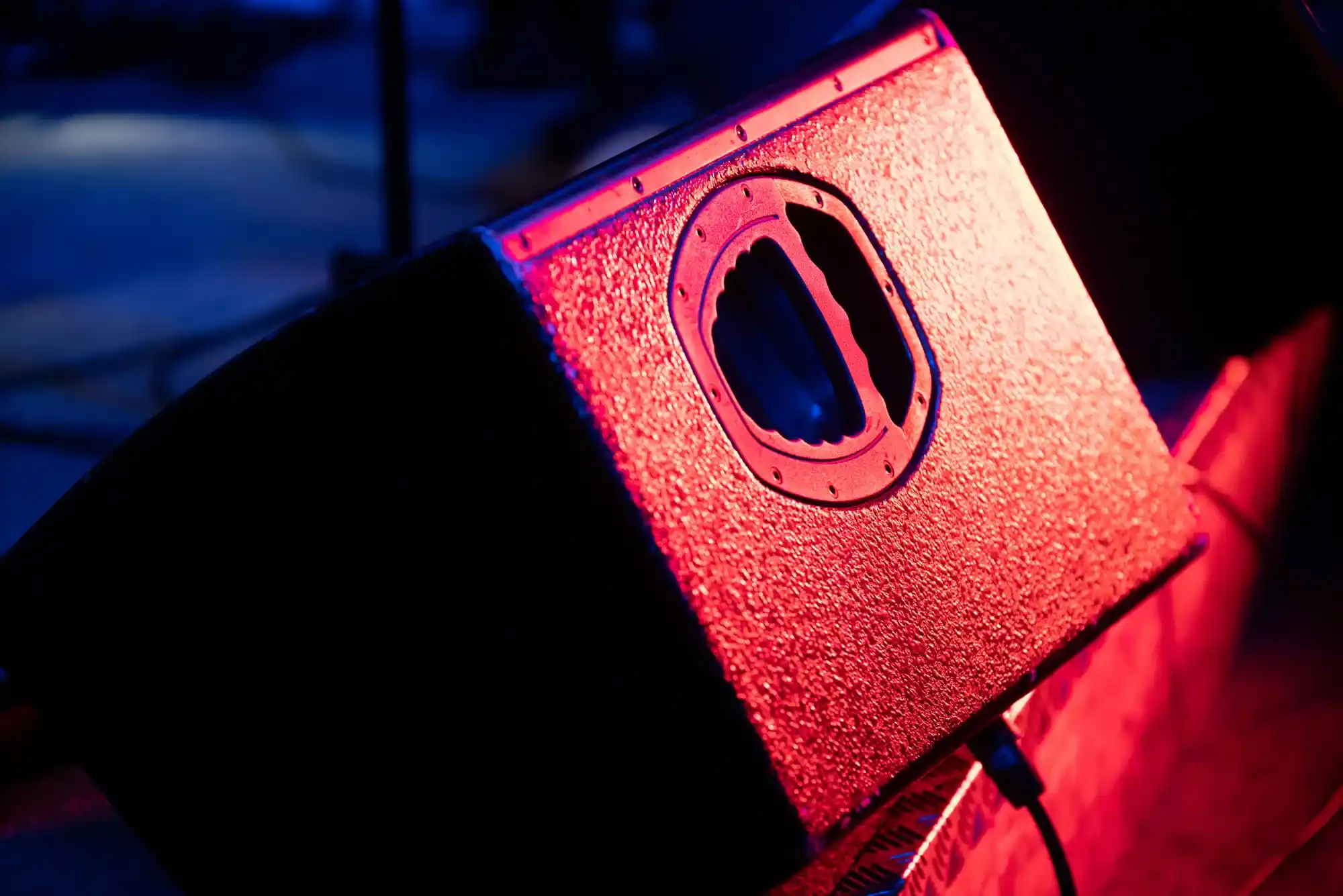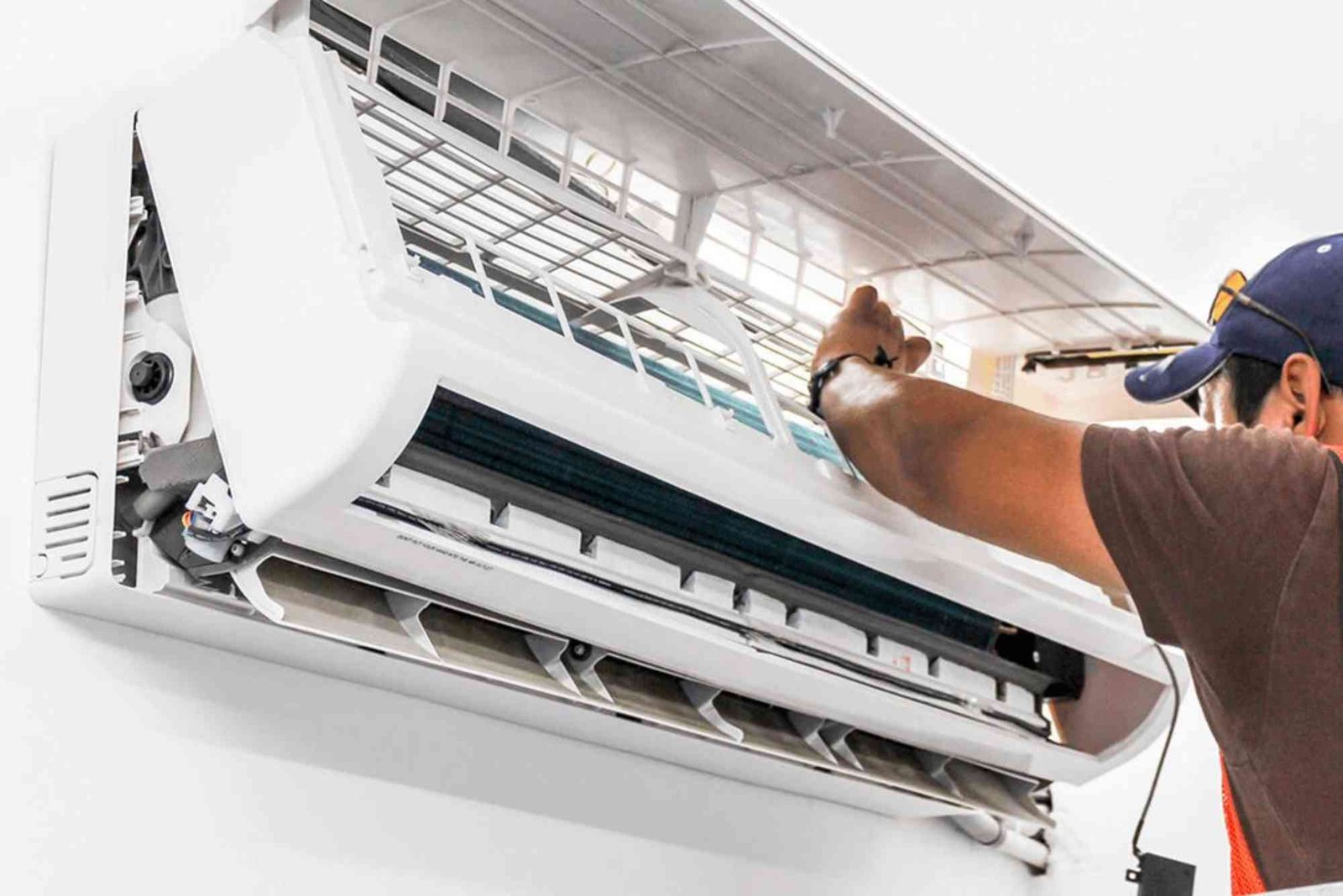Organizing an event in India, whether it’s a concert, wedding, corporate function, or cultural festival, requires high-quality audio to create an immersive experience. Live sound engineering plays a critical role in ensuring that every speech, performance, or musical note is delivered with clarity and impact. Renting live sound equipment can be a cost-effective solution compared to purchasing expensive gear, especially for one-off or occasional events. This article provides a comprehensive guide on how to rent live sound equipment in India, with a focus on practical steps, vendor selection, and key considerations, including insights into live sound engineering in Delhi, India.
Why Rent Live Sound Equipment?
Renting live sound equipment is a practical choice for event organizers who want professional-grade audio without the high upfront costs of ownership. Whether you’re hosting a small gathering or a large-scale concert, renting allows you to access cutting-edge technology tailored to your event’s needs. In India, where events range from intimate gatherings to massive festivals, the demand for live sound engineering has grown significantly. Renting also eliminates maintenance costs, storage concerns, and the need for technical expertise to manage the equipment long-term.
By renting, you can select equipment that matches the specific requirements of your event, such as the venue size, audience capacity, and acoustic environment. For instance, live sound engineering in Delhi, India, often involves navigating diverse venues, from open-air grounds to indoor banquet halls, each requiring unique audio setups.
Step 1: Assess Your Event’s Audio Needs
Before renting equipment, you need to evaluate the scope of your event. Consider the following factors:
-
Venue Size and Acoustics: A small indoor venue may only need a basic PA system, while an outdoor event might require powerful speakers and subwoofers to cover a larger area.
-
Audience Size: Larger audiences demand higher wattage and more robust sound systems to ensure clarity across the venue.
-
Event Type: A corporate event may prioritize clear speech reinforcement, while a music concert requires high-fidelity sound for instruments and vocals.
-
Budget: Determine how much you’re willing to spend on audio equipment to narrow down your options.
Understanding these factors will help you communicate your needs to rental vendors and ensure the equipment aligns with your event’s goals. For example, live sound engineering in Delhi,India, often involves tailoring solutions for diverse events like weddings, religious gatherings, or corporate conferences.
Step 2: Choose the Right Equipment
Live sound engineering requires a combination of equipment to deliver high-quality audio. Here’s a breakdown of essential components you may need to rent:
-
Speakers and Subwoofers: These are the backbone of any sound system, delivering audio to the audience. Active speakers (with built-in amplifiers) are easier to set up, while passive speakers require external amplifiers.
-
Mixing Consoles: A mixing console allows you to control audio inputs, balance sound levels, and add effects. Digital mixers are popular for their versatility and compact size.
-
Microphones: Choose between dynamic microphones for live performances or condenser microphones for studio-like clarity, depending on your event’s needs.
-
Amplifiers: These boost the audio signal to drive speakers effectively, especially for large venues.
-
Cables and Accessories: Ensure you have the necessary cables, stands, and connectors to set up the system seamlessly.
When renting, ask vendors about the brands they offer, such as JBL, Bose, or Yamaha, which are widely used in live sound engineering in India for their reliability and performance.
Step 3: Find Reputable Rental Vendors
India has a thriving market for live sound equipment rentals, particularly in major cities like Delhi, Mumbai, and Bangalore. To find a reliable vendor, follow these steps:
-
Research Online: Use search engines and platforms like Justdial, Sulekha, or local business directories to find rental companies. Look for vendors with positive reviews and a strong portfolio of past events.
-
Check Equipment Quality: Ask about the condition and age of the equipment. Well-maintained, modern gear ensures better performance and reliability.
-
Verify Technical Support: Many vendors offer on-site technicians to set up and manage the equipment during your event. This is especially important for complex setups requiring professional live sound engineering expertise.
-
Compare Prices: Request quotes from multiple vendors to find competitive pricing. Be wary of extremely low prices, as they may indicate subpar equipment or service.
In Delhi, for instance, live sound engineering in Delhi, India, is a competitive industry with numerous vendors offering packages tailored to different event sizes. Companies like Sound & Light Solutions and AV Rentals Delhi are known for their extensive inventories and professional services.
Step 4: Budgeting and Cost Considerations
The cost of renting live sound equipment in India varies depending on the event’s scale, equipment quality, and rental duration. On average, renting a basic PA system for a small event can cost between ₹5,000 and ₹15,000 per day, while a high-end system for a large concert may range from ₹50,000 to ₹1,00,000 or more. Additional costs may include:
-
Technician Fees: Hiring a sound engineer to manage the equipment during the event.
-
Transportation and Setup: Some vendors charge extra for delivering and setting up the equipment at the venue.
-
Backup Equipment: Renting backup gear, such as extra microphones or speakers, can prevent disruptions in case of technical issues.
To optimize your budget, prioritize essential equipment and negotiate package deals with vendors. Many companies offer discounts for multi-day rentals or bundled services.
Step 5: Plan for Setup and Testing
Once you’ve rented the equipment, proper setup and testing are critical to ensure flawless performance. Work closely with the vendor’s technicians or hire a professional sound engineer to handle the setup. Key tasks include:
-
Soundcheck: Test all equipment before the event to identify and fix any issues, such as feedback or connectivity problems.
-
Speaker Placement: Position speakers to optimize sound coverage and minimize echo or distortion.
-
Mixing and Equalization: Adjust the mixing console to balance sound levels and tailor the audio to the venue’s acoustics.
For complex events, consider hiring a live sound engineer with experience in managing audio for similar events. In Delhi, many professionals specialize in live sound engineering, ensuring high-quality audio for diverse venues and audiences.
Step 6: Understand Rental Terms and Conditions
Before signing a rental agreement, review the terms carefully to avoid unexpected costs or issues. Key points to check include:
-
Rental Duration: Confirm whether the rental is for a single day or multiple days and whether late returns incur penalties.
-
Damage Liability: Clarify who is responsible for equipment damage or loss during the event.
-
Cancellation Policy: Understand the vendor’s policy in case you need to cancel or reschedule the event.
Reputable vendors will provide clear contracts and be transparent about their terms, ensuring a smooth rental experience.
Tips for a Successful Rental Experience
-
Book Early: Popular rental companies, especially in cities like Delhi, get booked quickly during peak event seasons (e.g., wedding season).
-
Request a Demo: If possible, ask the vendor to demonstrate the equipment before the event to ensure it meets your expectations.
-
Communicate Needs Clearly: Provide detailed information about your event, including the venue layout and audience size, to help vendors recommend the right equipment.
Conclusion
Renting live sound equipment in India is a practical and cost-effective way to ensure high-quality audio for your event. By assessing your needs, choosing the right equipment, and working with reputable vendors, you can create an unforgettable auditory experience for your audience. Whether you’re hosting a small gathering or a large-scale event, live sound engineering expertise is essential for success. With careful planning and attention to detail, you can navigate the rental process with confidence and deliver professional-grade audio that elevates your event.




